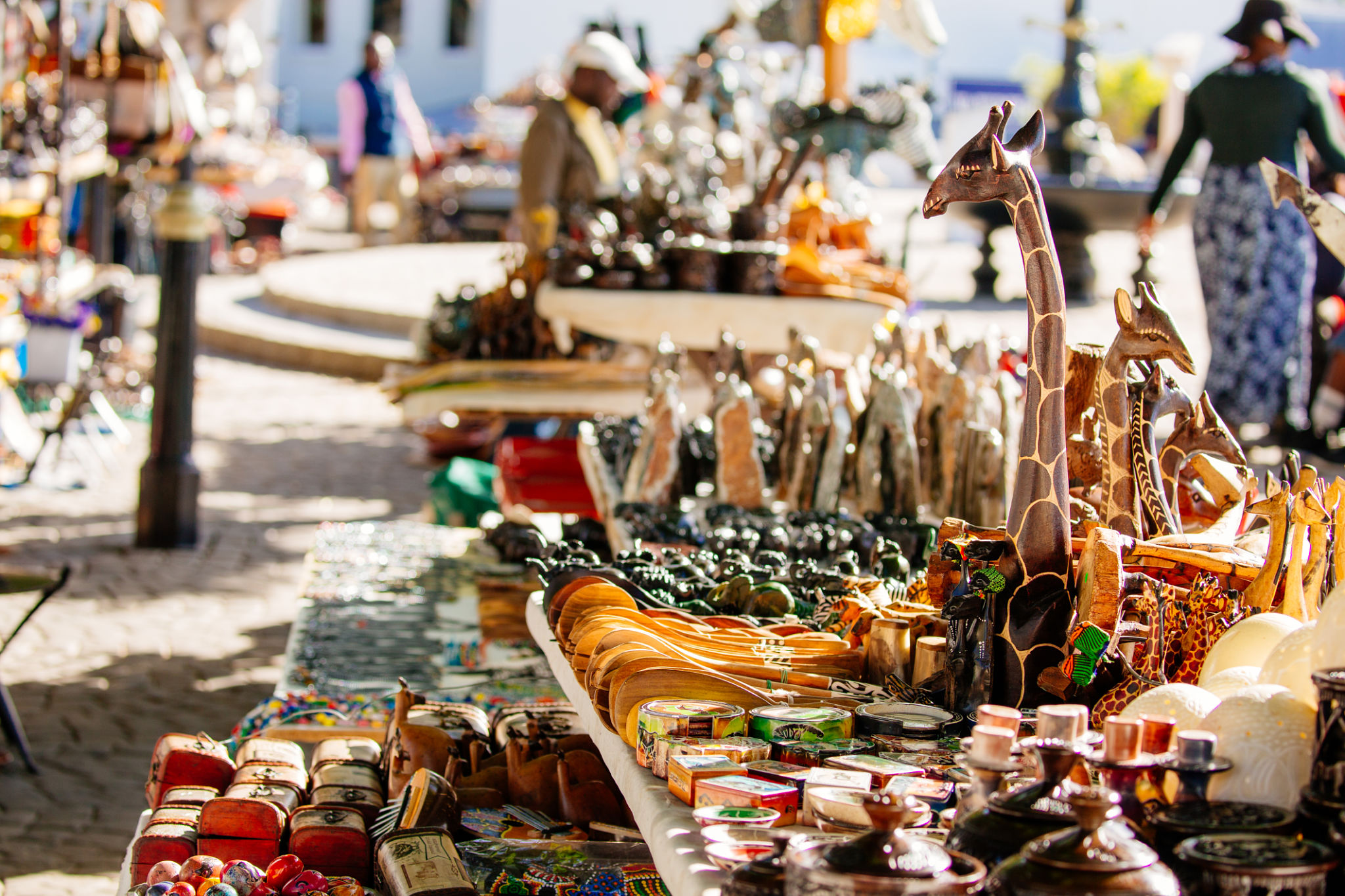Expert Tips for Creating a Seasonal Marketing Campaign in South Africa
Understanding the South African Market
South Africa's diverse cultural landscape and unique seasonal patterns make it an intriguing yet challenging market for seasonal marketing campaigns. With its mix of urban and rural communities, economic disparity, and various cultural backgrounds, understanding the local audience is crucial. Different regions may celebrate different holidays and events, so it's essential to tailor your campaigns accordingly.

Timing Your Campaigns
Unlike many countries in the Northern Hemisphere, South Africa's seasons are reversed. Summer runs from December to February, while winter spans June to August. This reversal significantly impacts shopping patterns and consumer behavior. For instance, Christmas falls during the summer vacation, a prime time for travel and outdoor activities. Understanding these seasonal shifts can help you plan your campaigns more effectively.
Additionally, consider local holidays such as Heritage Day in September or Youth Day in June, as these can provide unique opportunities to connect with your audience. Aligning your marketing efforts with these dates can increase relevance and engagement.
Crafting a Compelling Message
Once you've identified the right timing, focus on crafting a message that resonates with your target audience. South Africans value authenticity and cultural relevance. Incorporate local dialects and cultural symbols to create a genuine connection. Employ storytelling techniques that reflect the local lifestyle and values to make your campaign more relatable.

Selecting the Right Channels
The next step is selecting the appropriate marketing channels. South Africa has a high mobile penetration rate, so consider leveraging mobile-friendly platforms. Social media platforms like Facebook, Instagram, and TikTok are popular across different demographics. Additionally, radio remains a powerful medium, particularly in rural areas where internet access may be limited.
For a well-rounded approach, integrate both digital and traditional media to maximize your reach. This strategy ensures you connect with audiences across various regions and socio-economic backgrounds.
Leveraging Influencer Partnerships
Influencer marketing can be particularly effective in South Africa, where community trust plays a big role in purchasing decisions. Partnering with local influencers who align with your brand values can help amplify your message. These influencers often have loyal followings and can provide authentic endorsements that resonate well with their audiences.

Monitoring and Adapting Your Campaign
No campaign is complete without monitoring and adaptation. Use analytics tools to track the performance of your campaigns in real-time. Pay attention to key metrics like engagement rates, conversion rates, and return on investment (ROI). This data will help you understand what works and what needs adjustment.
Be prepared to adapt your strategy based on feedback and performance insights. Flexibility is key in a dynamic market like South Africa's.
Conclusion
Creating a successful seasonal marketing campaign in South Africa requires a deep understanding of the local market dynamics and cultural nuances. By timing your campaigns correctly, crafting relevant messages, choosing suitable channels, partnering with influencers, and continuously monitoring performance, you can effectively engage your target audience and drive meaningful results.
Remember, authenticity and cultural sensitivity are vital components in building strong connections with South African consumers. With these expert tips in mind, you're well on your way to launching a successful seasonal marketing campaign.
